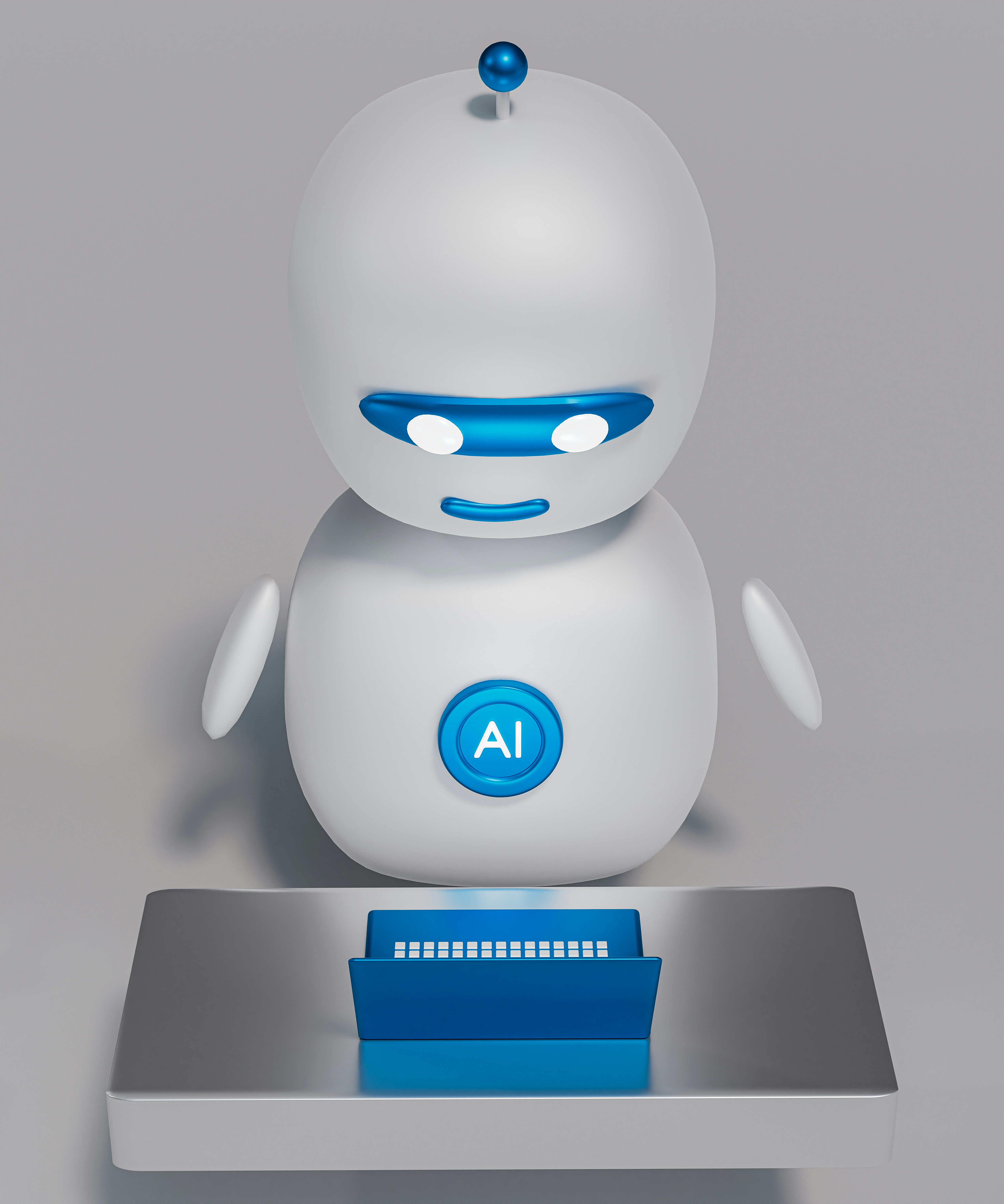
Introduction to AI Agents
OpenAI’s ChatGPT has evolved into a multifaceted tool with the introduction of three remarkable AI agents: Codex, Operator, and Deep Research. Each of these agents has been designed to cater to various needs, leveraging advanced machine learning techniques to enhance user experience. Particularly, Codex distinguishes itself by focusing on coding assistance, making it invaluable for both novice programmers and seasoned software engineers.
What Can Codex Do?
Launched this year, Codex is equipped for a broad range of coding tasks. Its ability to write features, troubleshoot issues, and answer coding-related questions in a private environment sets it apart. By utilizing reinforcement learning, it generates code that is not only functional but also resembles human reasoning. This approach provides an intuitive interaction with the AI, facilitating a more seamless coding process.
The Impact of Operator and Deep Research
While Codex is specifically geared towards coding, Operator and Deep Research serve distinct functions. Operator focuses on optimizing user interactions, efficiently managing tasks, and enhancing productivity. Meanwhile, Deep Research dives into complex subjects, providing insights and summaries to support informed decision-making. Together, these AI agents create a comprehensive suite tailored to meet diverse needs in today’s fast-paced digital landscape.
In conclusion, the integration of Codex, Operator, and Deep Research into ChatGPT not only significantly boosts coding capabilities but also transforms how we interact with technology. As these AI agents continue to evolve, their ability to assist users will only grow, paving the way for innovative developments in software engineering and beyond.
Discover more from Techtales
Subscribe to get the latest posts sent to your email.